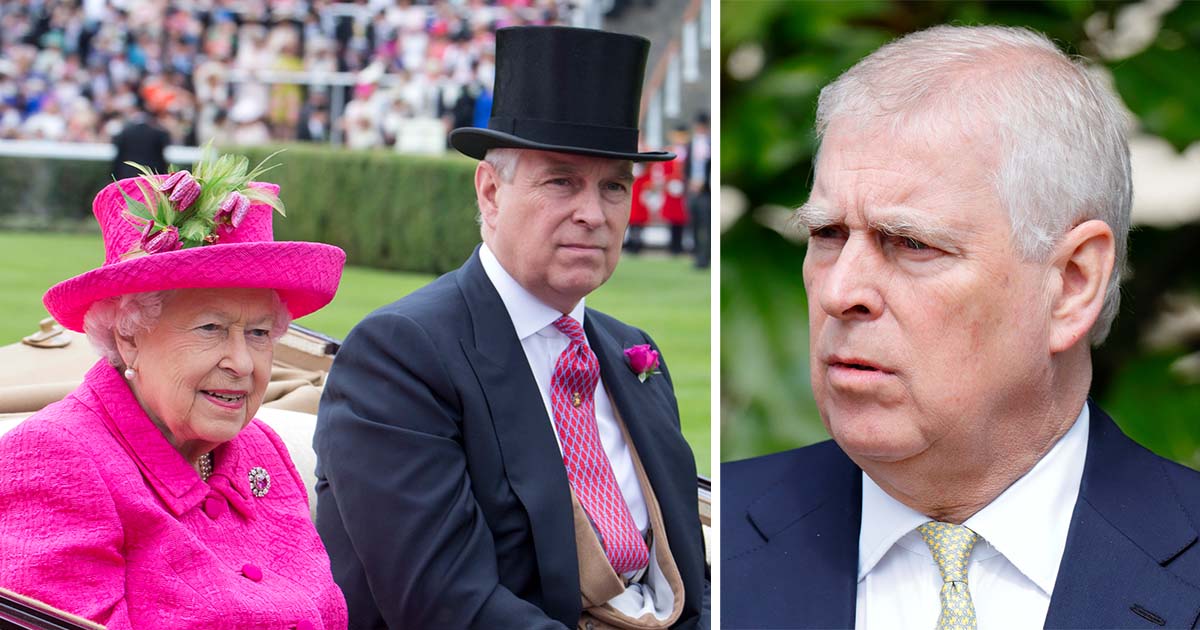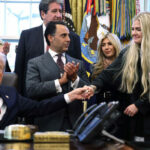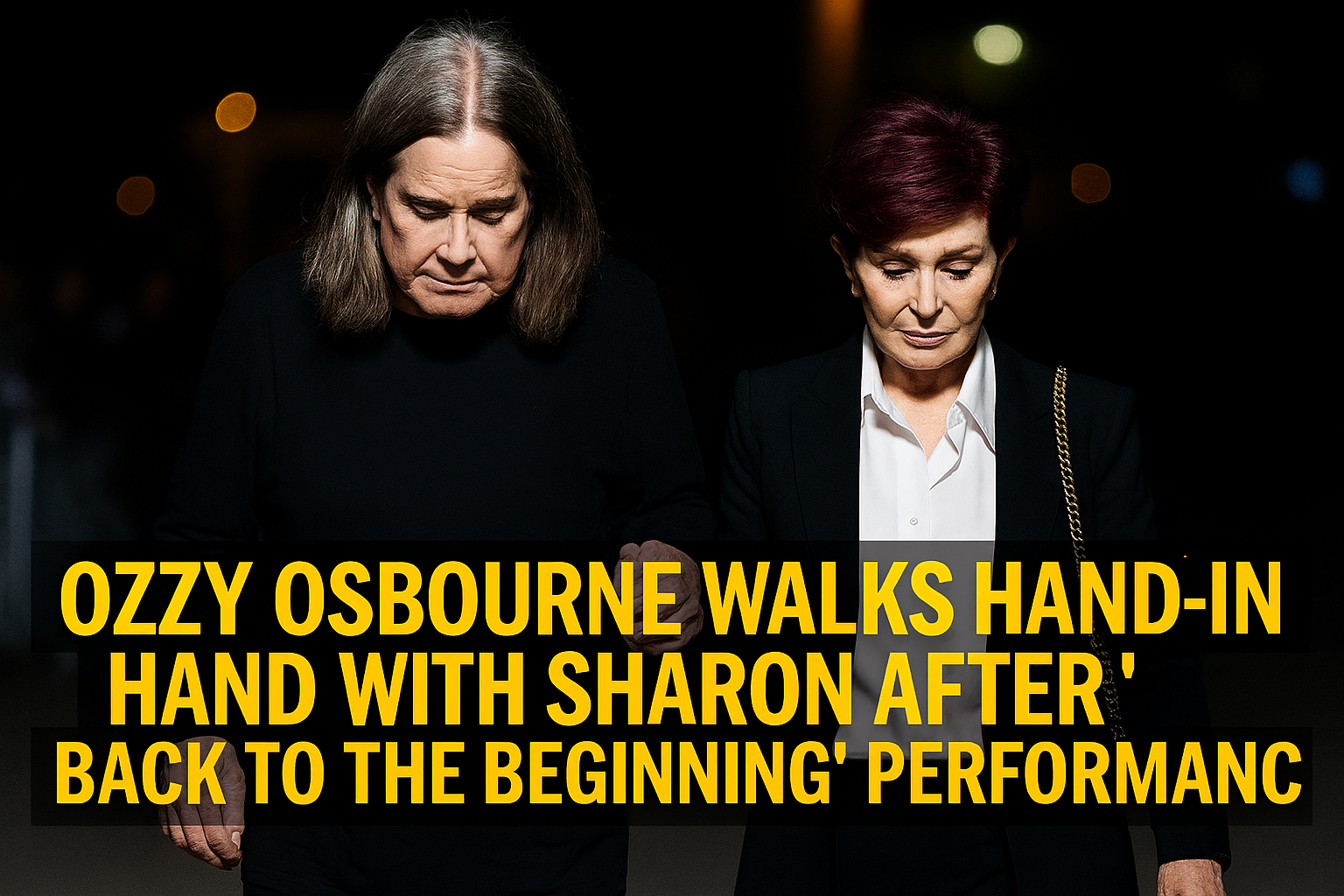A fresh salvo of allegations has emerged against the former Duke of York, Prince Andrew, claiming he systematically brought sex workers into Buckingham Palace over a number of years—and that the late Queen Elizabeth II was aware of this conduct, according to historian and author Andrew Lownie. Yahoo News+2AOL+2
These explosive claims appear in Lownie’s new biography, Entitled: The Rise and Fall of the House of York, and are now reverberating through the British media and royal-watching circles. The Times+1
Key Allegations
-
According to the author, Prince Andrew “brought in prostitutes to Buckingham Palace for years. It was done on a regular basis.” AOL+2The Times of India+2
-
Lownie claims palace staff who registered complaints were told to “keep quiet” or face reassignment. Yahoo+1
-
The late Queen — while not accused of participating in the alleged misconduct — is described as having been informed of the behaviour. Lownie states: “Of course the Queen knew. She was informed.” International Business Times UK+1
-
The grounds for the Queen’s inaction are said to be the lion’s share of her favour toward Andrew: “He was her favourite son, and he got away with everything. They brushed it under the rug. Until now.” Newsner English+1
Context and background
Prince Andrew has been under public scrutiny for several years. His former association with convicted sex-offender Jeffrey Epstein and the allegations raised by Virginia Giuffre (including claims of sexual activity while she was a minor) deeply tarnished his reputation. People.com+1
In 2025, Andrew relinquished his royal titles and patronages, becoming Andrew Mountbatten-Windsor, as the royal household sought to distance itself from the mounting controversy. New York Post+1
Lownie’s work draws on interviews with former palace personnel, alleged internal documents and sources asserting that Andrew’s behaviour was more than isolated scandals—it was a sustained pattern. For example, the biography alleges that Andrew used his position and staff to arrange access to attractive women, sometimes unaware they were prostitutes. Reality Tea+1
The Palace’s reaction and public ramifications
At present, the palace has not publicly confirmed the specific claims about prostitutes being brought into Buckingham Palace over a sustained period. Several outlets note that Buckingham Palace declined to comment on the new allegations. Newsner English
From a public-relations standpoint, the implications are significant. The British monarchy is still dealing with questions of relevance, transparency and accountability. These revelations strike at the heart of those issues: royal privilege, governance, and the boundaries between private life and public role.
For the monarchy, such allegations—if substantiated—could further erode trust in an institution already under pressure to modernise and address past wrongs. The notion of a senior royal allegedly operating with impunity inside the central royal residence, while staff complaints were allegedly shut down, conjures a troubling image of unchecked power.
Caveats and legal considerations
-
It is important to note these are allegations drawn from a single biography and its sources, not yet proven in court or supported by official documentation released to the public.
-
Prince Andrew has previously denied claims against him related to sexual misconduct, and any matter involving prostitution, palace security or internal royal affairs is fraught with confidentiality, defamation risk and institutional resistance to disclosure.
-
The late Queen’s alleged awareness of the behaviour opens complex questions about her role, but the claims do not allege she directly facilitated misconduct—rather, that she did not intervene. The extent of her knowledge, decision-making capacity and the context of those decisions remain matters of interpretation and further investigation.
Why this matters
-
Royal accountability: The story raises broader questions about how the monarchy monitors and responds to the conduct of its senior members.
-
Institutional culture: Allegations that staff were silenced suggest a culture where privilege trumped process, a concern in any modern organisation—particularly one publicly funded and symbolic of national values.
-
Public trust and symbolism: The monarchy remains deeply symbolic for many; behaviour by senior royals carries more weight than for private citizens. Such revelations can affect how the institution is perceived domestically and abroad.
-
Media and public interest: The combination of sex scandal, royal privilege and cover-up narratives ensures strong media coverage, and may compel further investigation, potentially including parliamentary or legal scrutiny.
Conclusion
The latest claims against Prince Andrew, as set out in Andrew Lownie’s biography, are sensational and potentially damaging. The assertion that he regularly brought prostitutes to Buckingham Palace—while the late Queen was aware—casts a stark light on the intersection of privilege, power and silence within the royal household.
Whether the allegations withstand closer scrutiny remains to be seen. However, their very publication signals a shift: the era when senior royals enjoyed near-impunity appears to be drawing to a close. For the monarchy, the cost is more than reputational—it speaks to its capacity to align inherited privilege with modern expectations of accountability and integrity.
If you’d like, I can look into legal implications, former staff testimony and any parliamentary committee interest in this matter for a deeper follow-up article.










